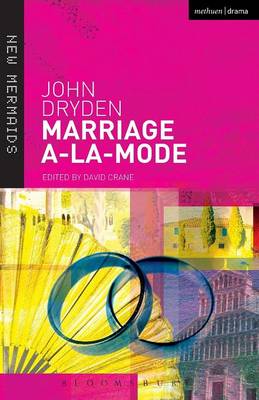Dryden's audiences in 1671, both aristocratic and middle-class, would have been quick to respond to the themes of disputed royal succession, Francophilia and loyalty among subjects in his most successful tragicomedy. In the tragic plot, written in verse, young Leonidas has to struggle to assert his place as the rightful heir to the throne of Sicily and to the hand of the usurper's daughter. In the comic plot, written in prose, two fashionable couples (much more at home in London drawing-rooms than at the Sicilian court) play at switching partners in the 'modern' style. The introduction of this edition...Read more
Dryden's audiences in 1671, both aristocratic and middle-class, would have been quick to respond to the themes of disputed royal succession, Francophilia and loyalty among subjects in his most successful tragicomedy. In the tragic plot, written in verse, young Leonidas has to struggle to assert his place as the rightful heir to the throne of Sicily and to the hand of the usurper's daughter. In the comic plot, written in prose, two fashionable couples (much more at home in London drawing-rooms than at the Sicilian court) play at switching partners in the 'modern' style. The introduction of this edition argues that Dryden's own ambivalence about King Charles and his entourage, on whom he came to rely more on more for patronage, manifests itself in both plots; most of all perhaps in the excessively Francophile Melantha, whose affectation cannot quite hide her endearing joie-de-vivre.
- ISBN10 0713666668
- ISBN13 9780713666663
- Publish Date 31 March 2003 (first published 1 June 1981)
- Publish Status Active
- Publish Country GB
- Publisher Bloomsbury Publishing PLC
- Imprint Methuen Drama
- Format Paperback
- Pages 144
- Language English
